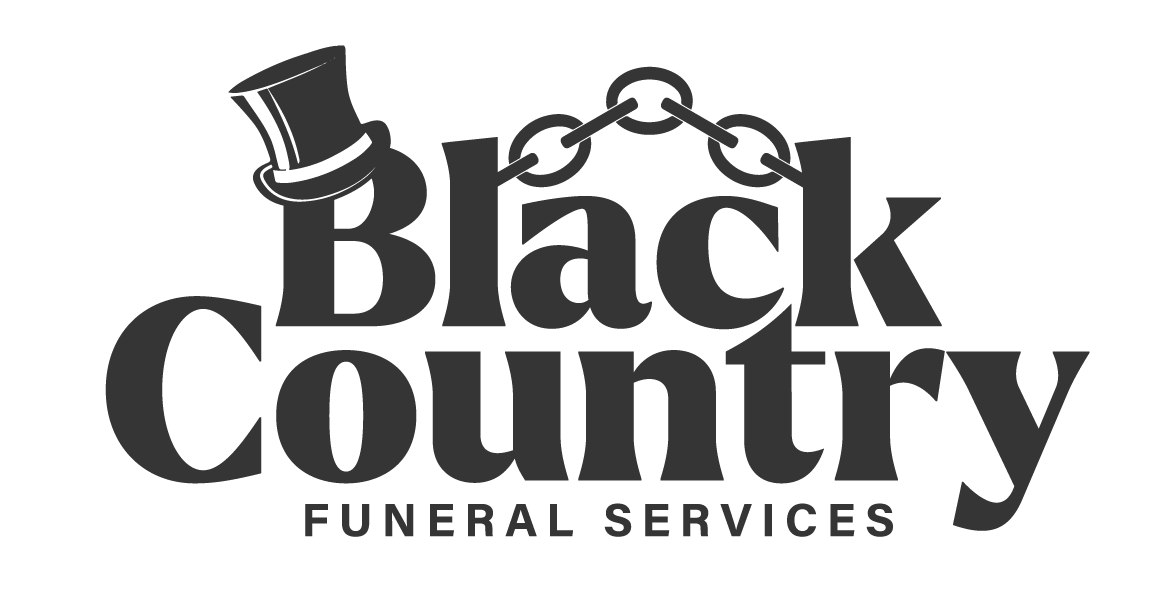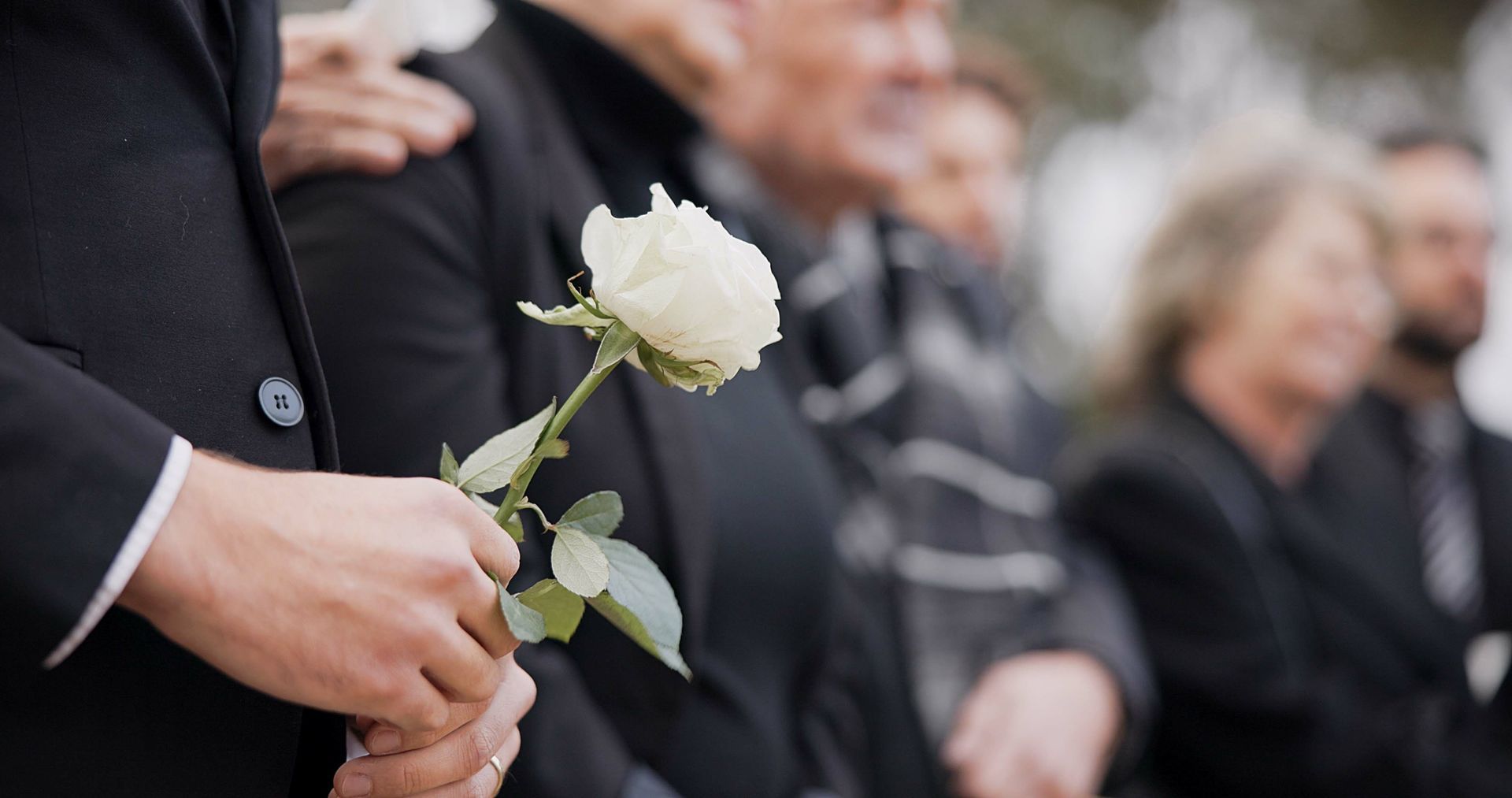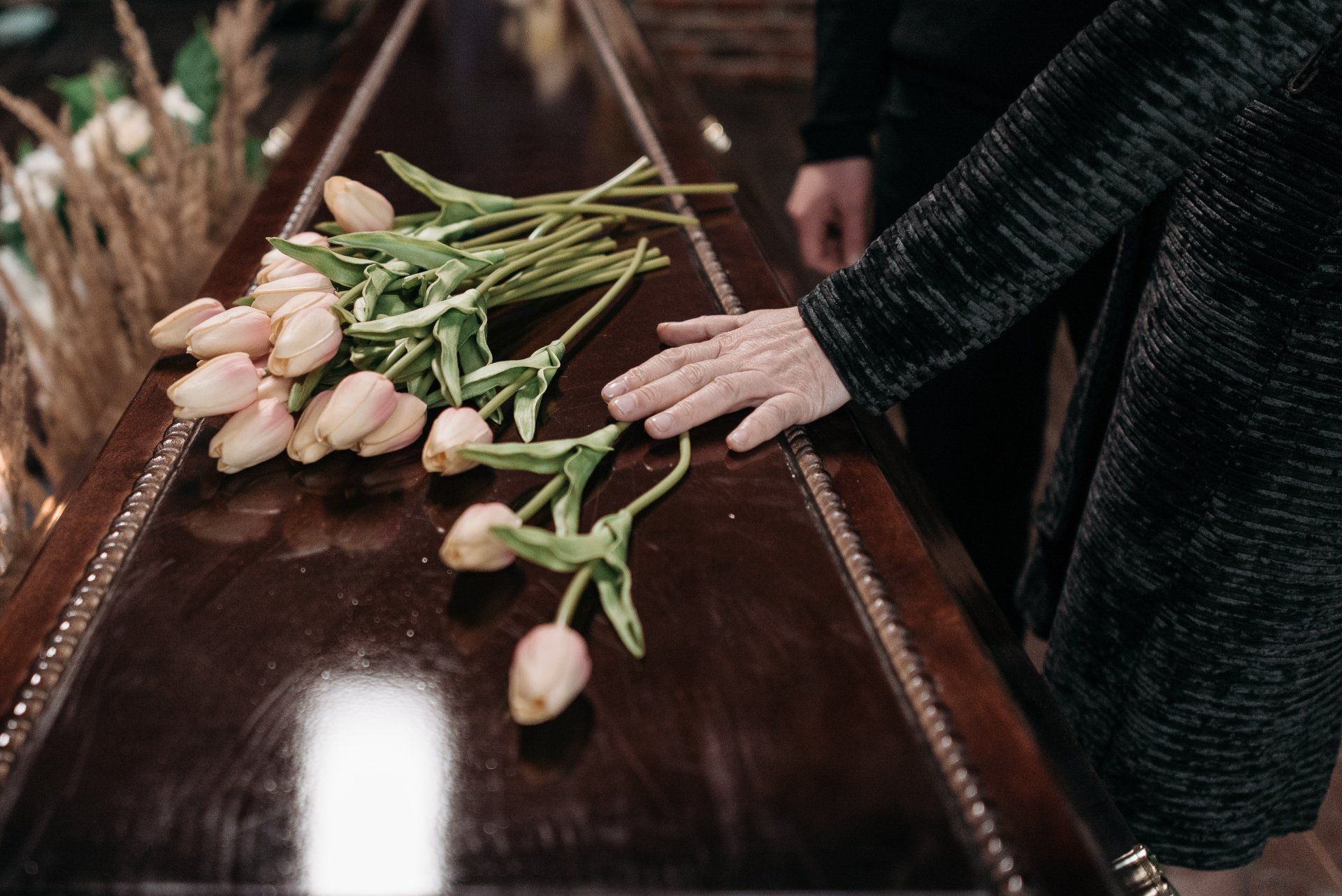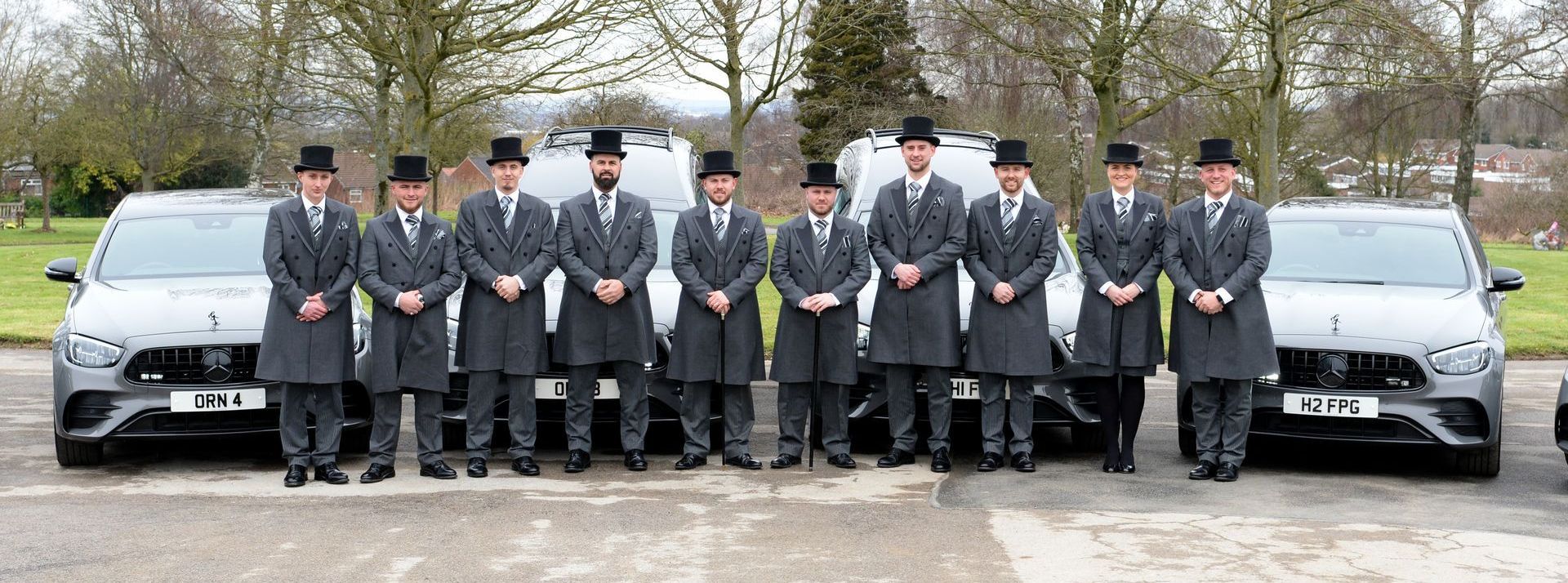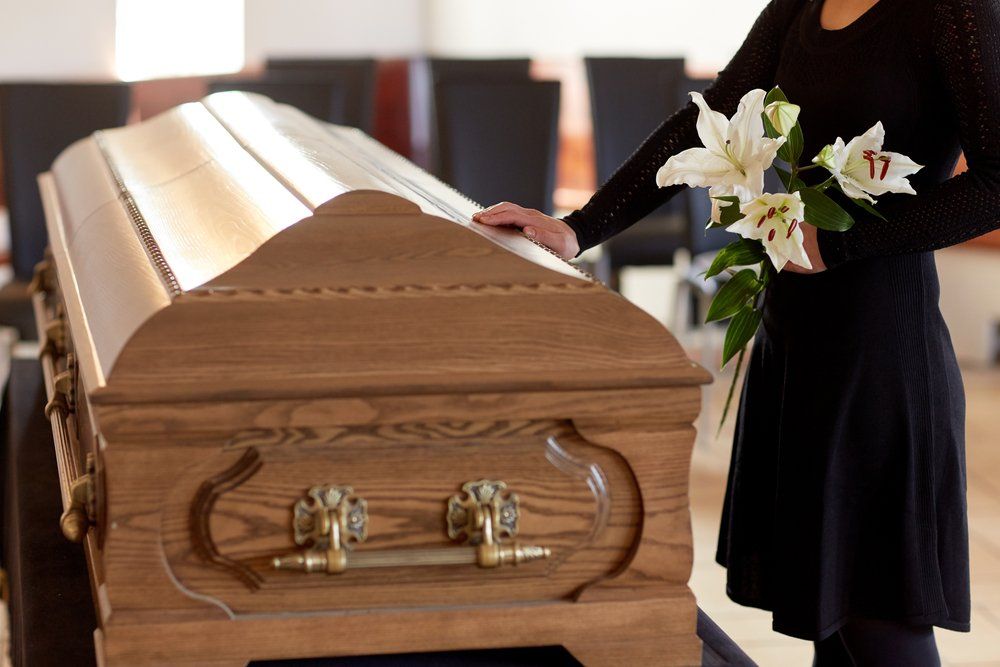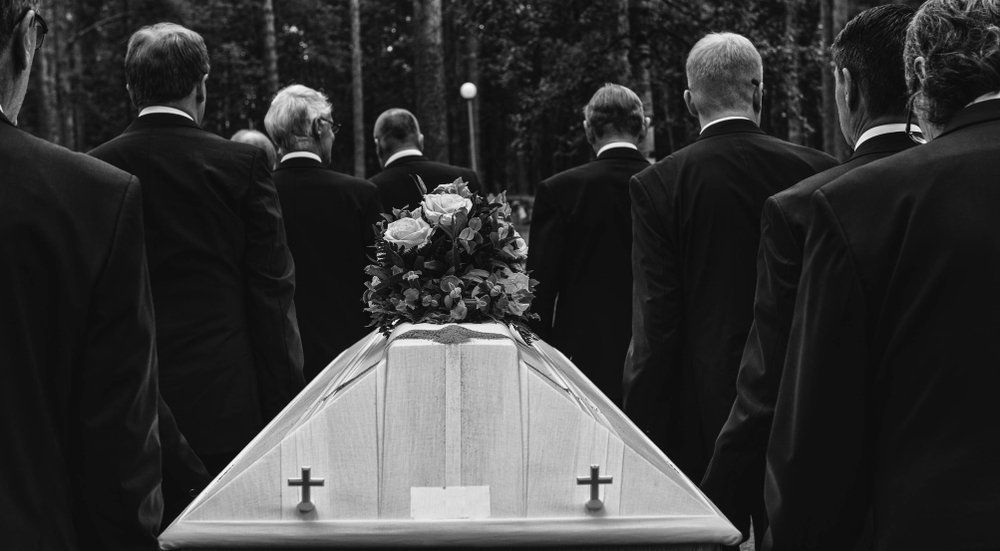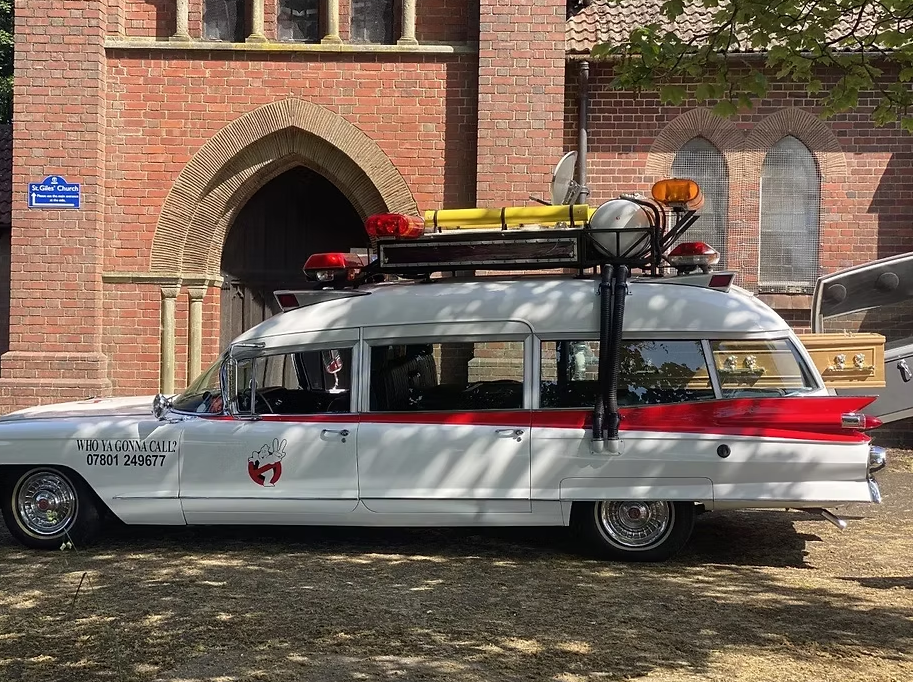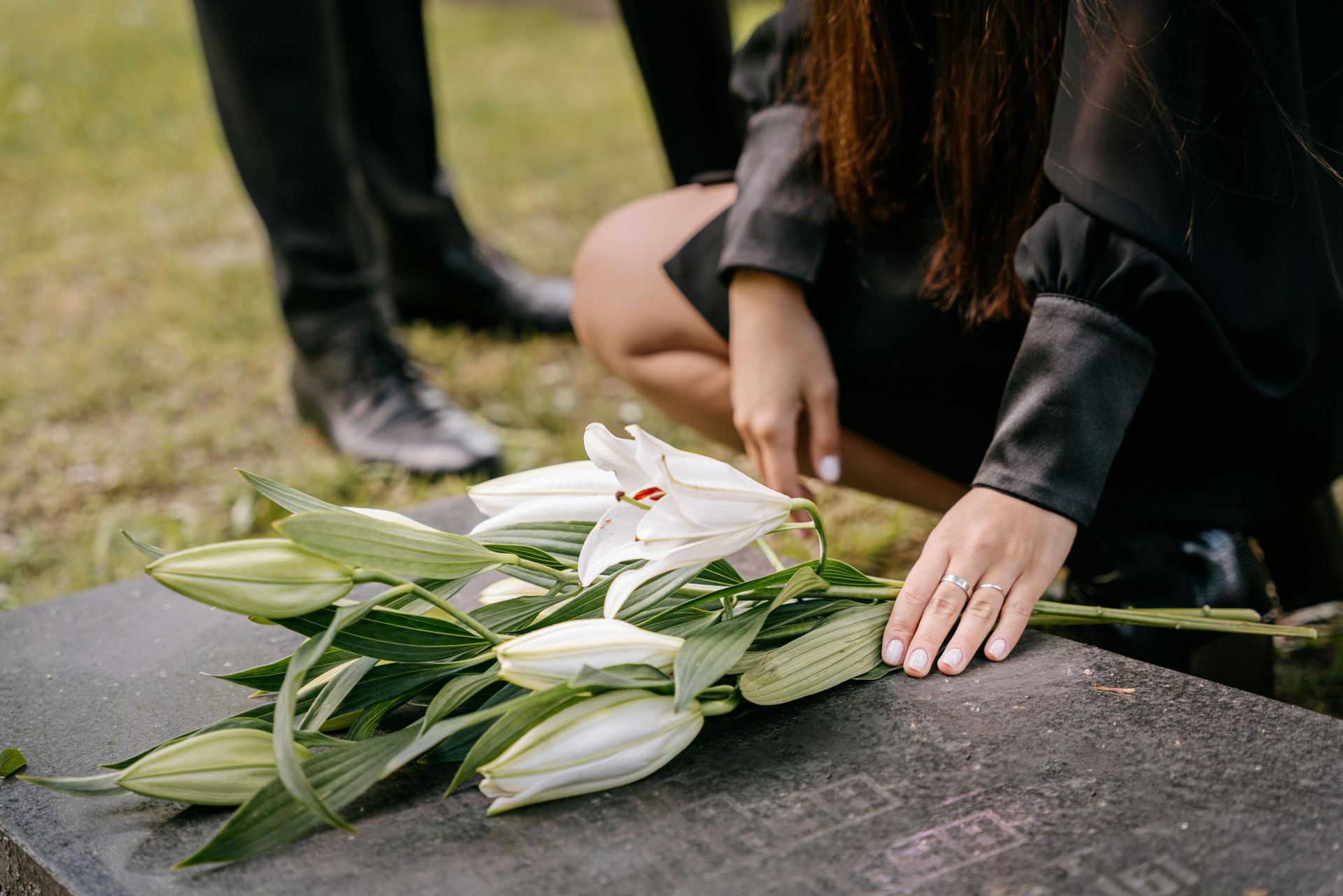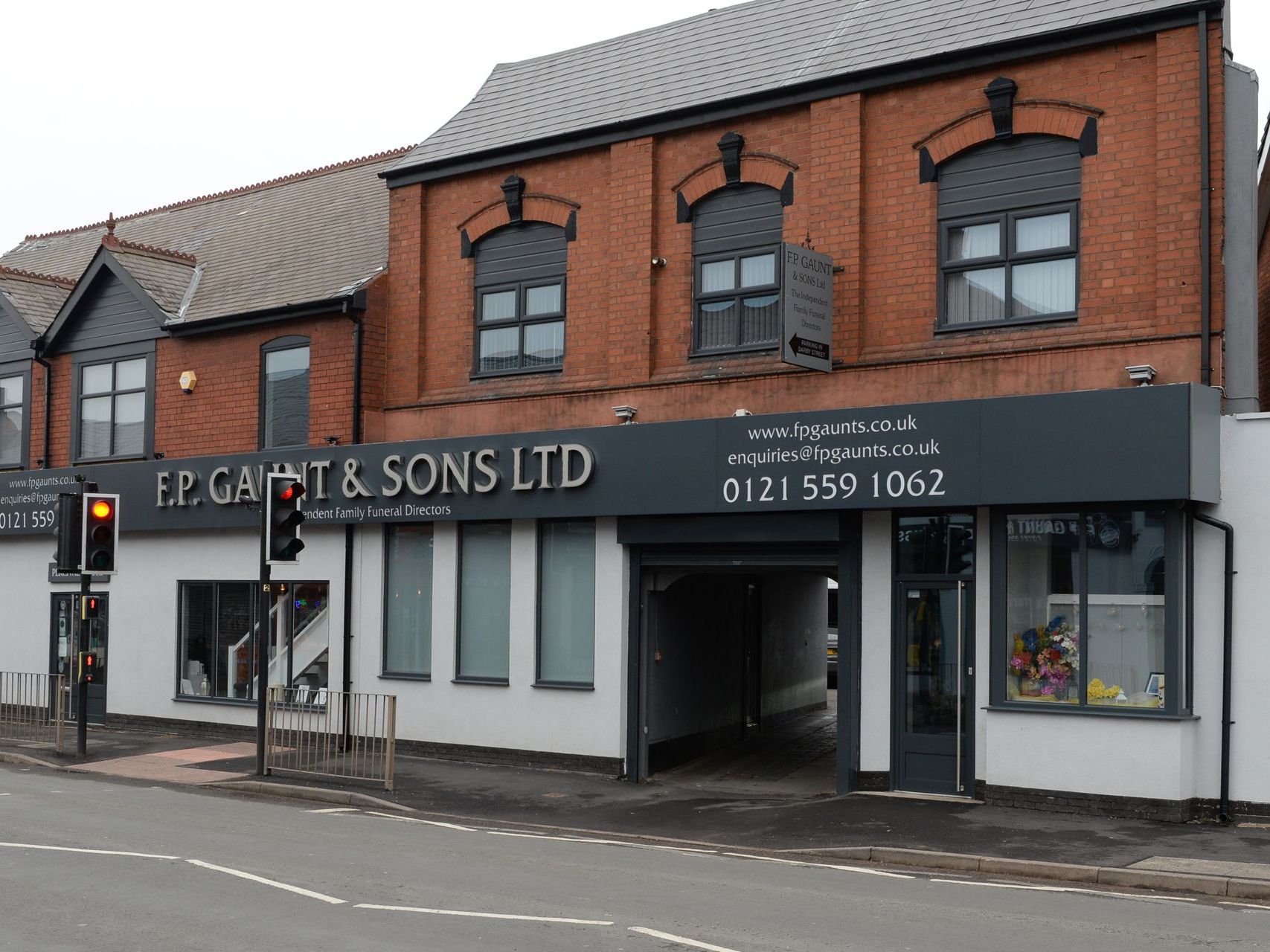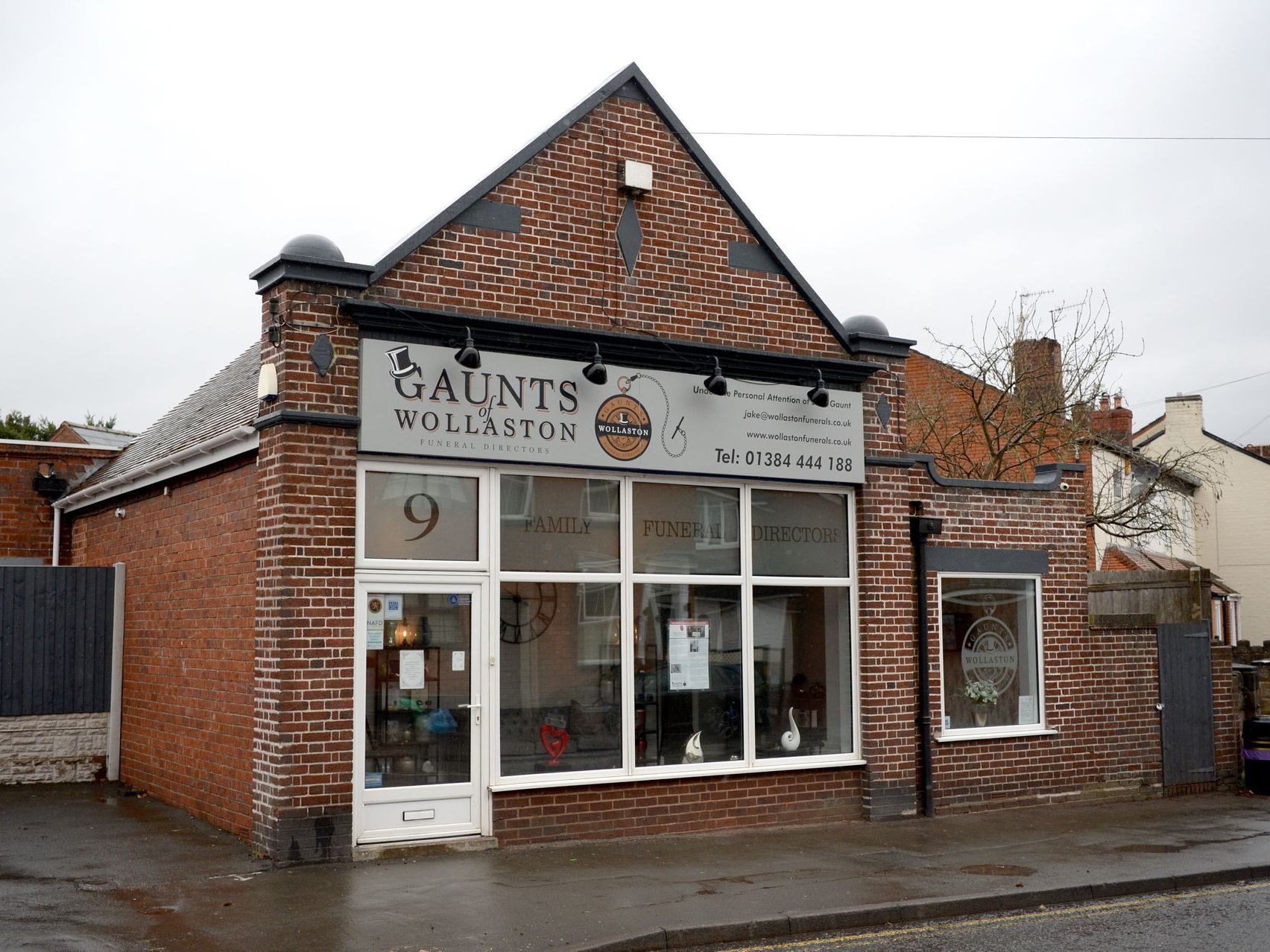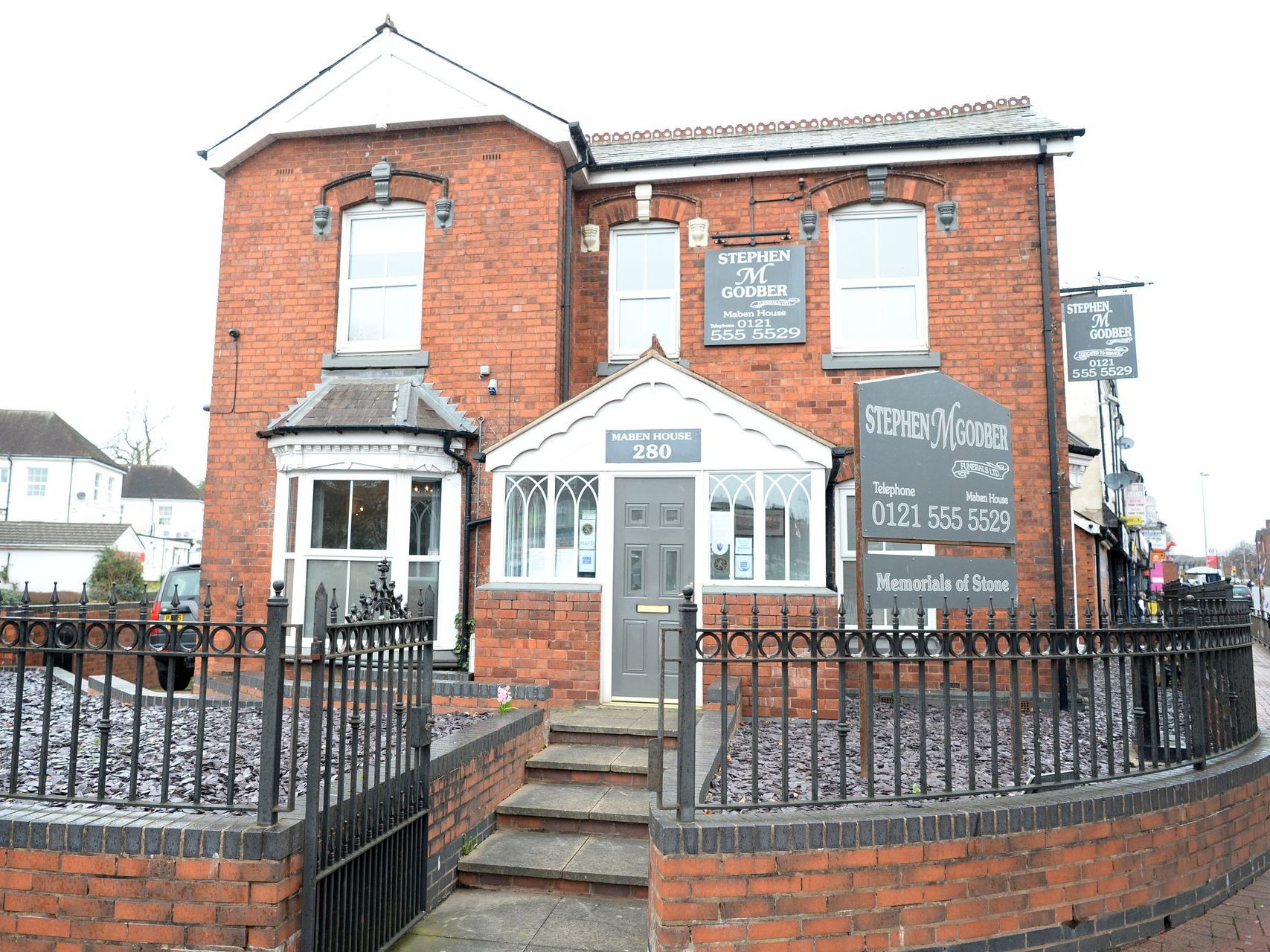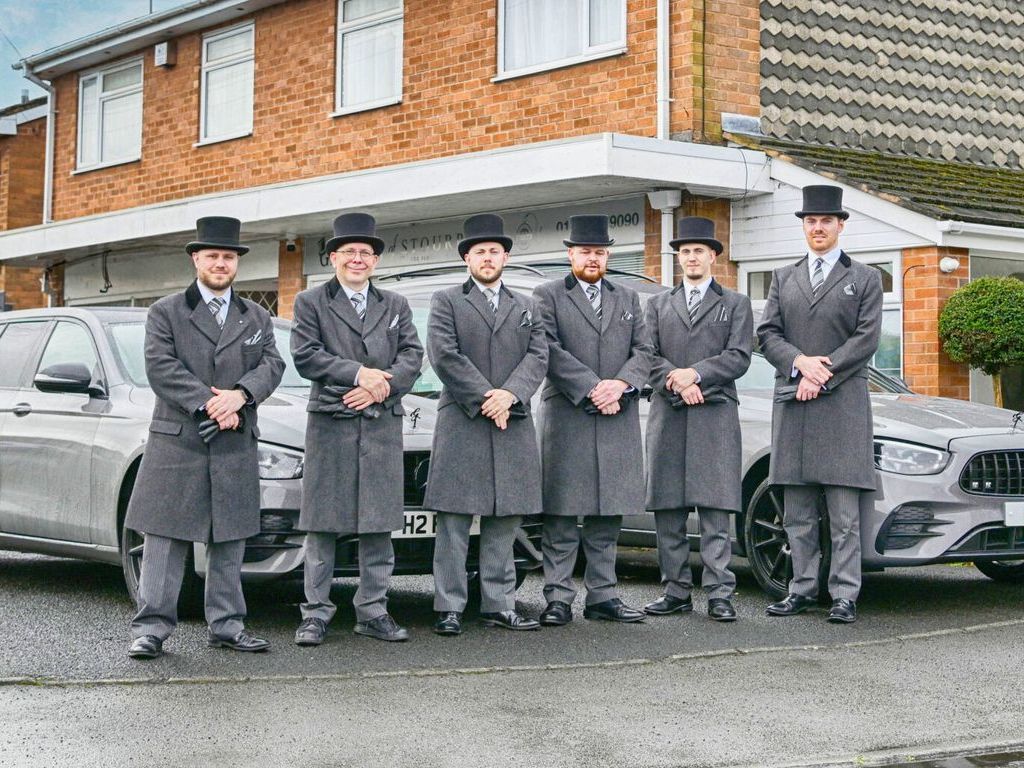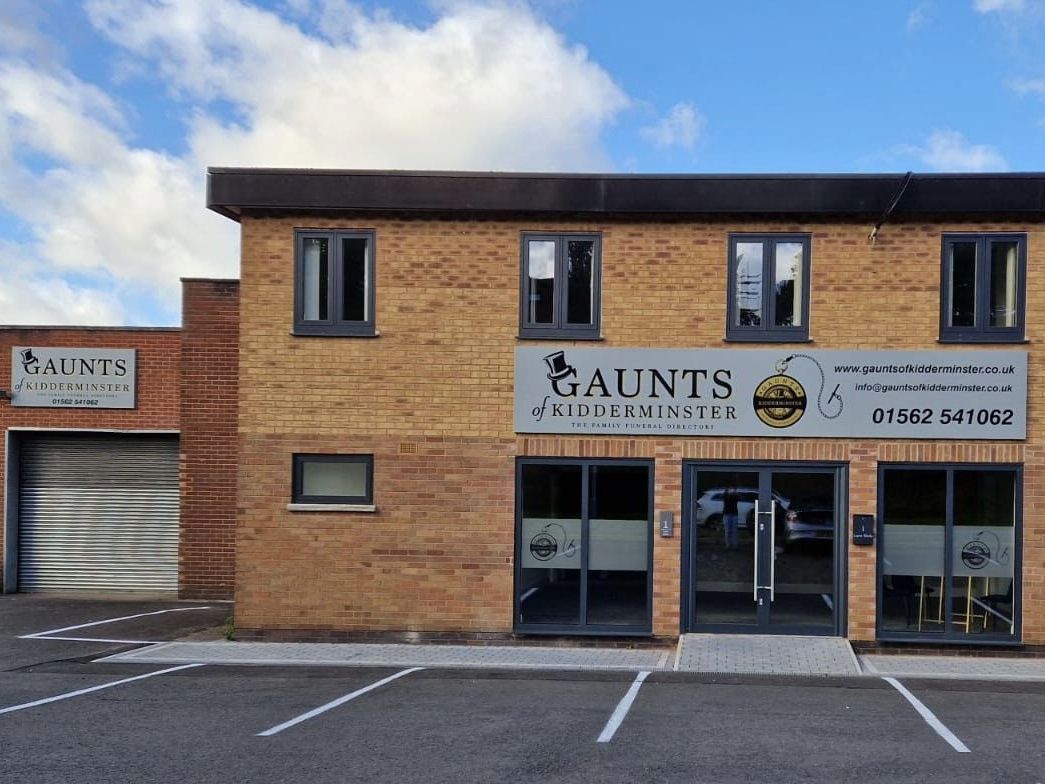What Is a Coroner’s Court?
When someone passes away unexpectedly or under unclear circumstances, it can be an incredibly difficult time for their loved ones. In some situations, the death may be referred to the coroner, and a hearing may be held at Coroner’s Court to understand how and why the person died.
At Black Country Funeral Services, we’re often asked what a Coroner’s Court is, when it’s used, and what families can expect. This guide will help explain the process in simple terms, so you feel more informed and supported if this applies to you or someone you know.
What Is a Coroner?
A coroner is an independent judicial officer — usually someone with a legal or medical background — whose role is to investigate certain kinds of deaths.
A death may be referred to the coroner if:
- It was sudden or unexplained
- The person had no known medical condition
- The death occurred in police custody or prison
- The cause of death is uncertain after a post-mortem
- It was due to an accident, injury, or violence
- It may have been related to medical treatment
What Is a Coroner’s Court?
A Coroner’s Court is where a formal investigation, known as an inquest, is held. The court's purpose is not to assign blame, but to determine the following:
- Who has died
- When and where the death occurred
- How the person died
- In what circumstances the death happened
This process helps to ensure that every death is properly recorded and understood, and can provide important answers to families.
What Happens During a Coroner’s Inquest?
An inquest is a fact-finding hearing. It may involve:
- Medical reports or post-mortem results
- Evidence from witnesses, doctors, or police
- Statements from family members
- Expert opinions (if relevant)
The coroner leads the proceedings, and there is no jury in most cases. However, juries may be used if the death happened in certain public circumstances (e.g. in custody or due to health and safety issues).
At the end of the inquest, the coroner will give a conclusion, such as:
- Natural causes
- Accidental death
- Suicide
- Unlawful killing
- Open verdict (if the cause remains unclear)
Do Families Need to Attend Coroner’s Court?
Families are welcome to attend, and often do, especially if they wish to hear the evidence and gain closure. Attendance is not mandatory, and you can choose to receive the findings after the hearing if you prefer not to go.
If you do attend, you may also be invited to give a statement about the person’s background, health, or events surrounding their death. You’re entitled to legal support if needed.
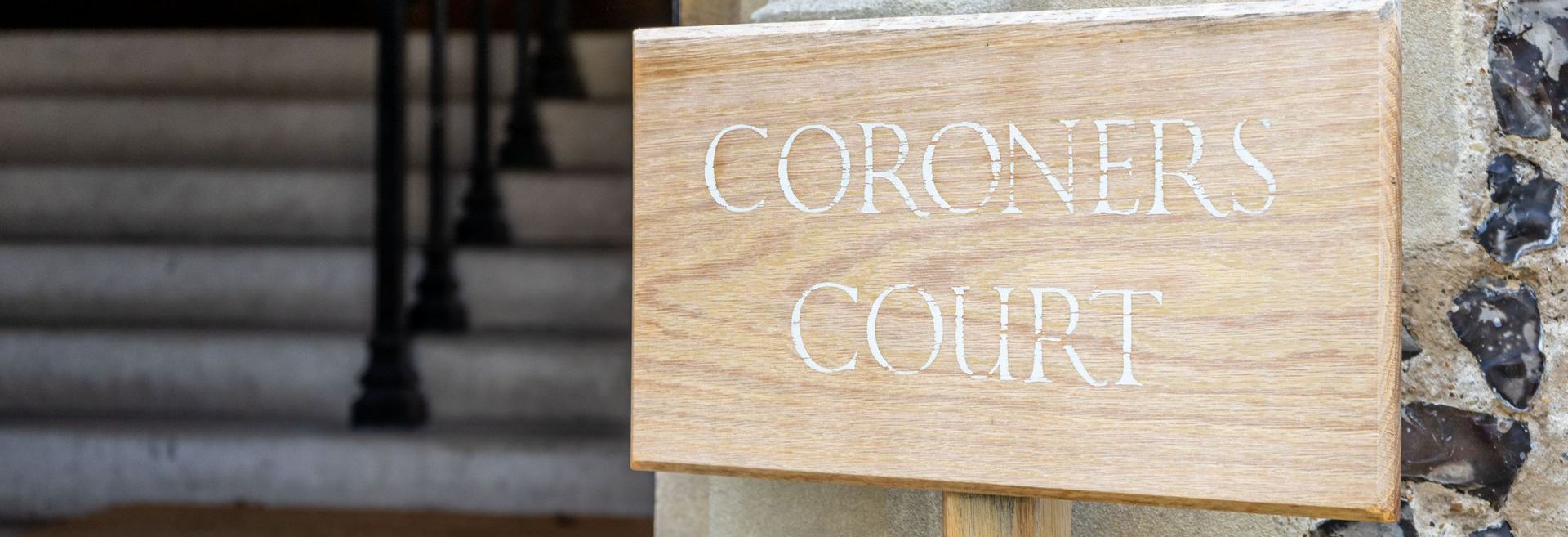
How Long Does It Take?
A coroner’s inquest can take a few weeks to several months, depending on the complexity of the case. Some cases require further investigation or expert evidence, which can cause delays.
It’s important to note: a funeral cannot take place until the coroner gives permission, although they will try to release the body as soon as possible after any required post-mortem.
Is a Coroner’s Court Like a Criminal Trial?
No. A Coroner’s Court is not about deciding guilt or liability — it is not a trial, and no one is on trial. It’s simply about establishing the facts.
While it may be a formal setting, it is typically handled with care and sensitivity, especially when families are present.
Will the Press Be Involved?
Inquests are public hearings, so members of the press may attend and report on proceedings. However, coroner’s courts are mindful of families’ emotions and may limit reporting in sensitive cases.
If you’re concerned about privacy, speak with the coroner’s office or your funeral director — they can advise you on what to expect.
How We Can Help
If a coroner is involved in the death of a loved one, Black Country Funeral Services can guide you through the process:
- We liaise directly with the coroner’s office
- We keep you updated on timings for the funeral
- We help with paperwork and registration once permission is given
- We support you emotionally and practically throughout
In Summary
A Coroner’s Court is a place where the cause and circumstances of certain deaths are officially investigated. While the process may sound intimidating, its purpose is to bring clarity and peace of mind to families — not blame or judgement.
If you're facing a coroner’s investigation, you're not alone. Our experienced and compassionate team is here to help with every step, from initial contact to arranging a meaningful funeral once the inquest is complete.
Need Advice or Support?
📞
Call us today to speak with a member of our caring team:
0121 559 9900
📍
Visit us in person:
100a Powke Lane, Cradley Heath, West Midlands B64 5PX
We’re here to support you through every stage of the funeral process, with understanding and respect.
